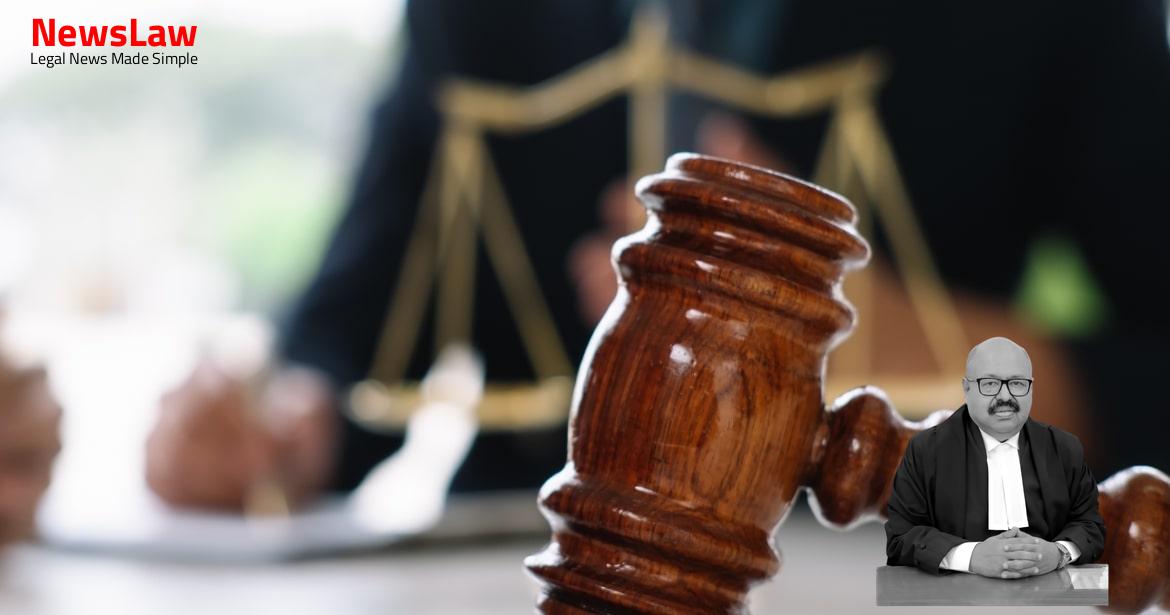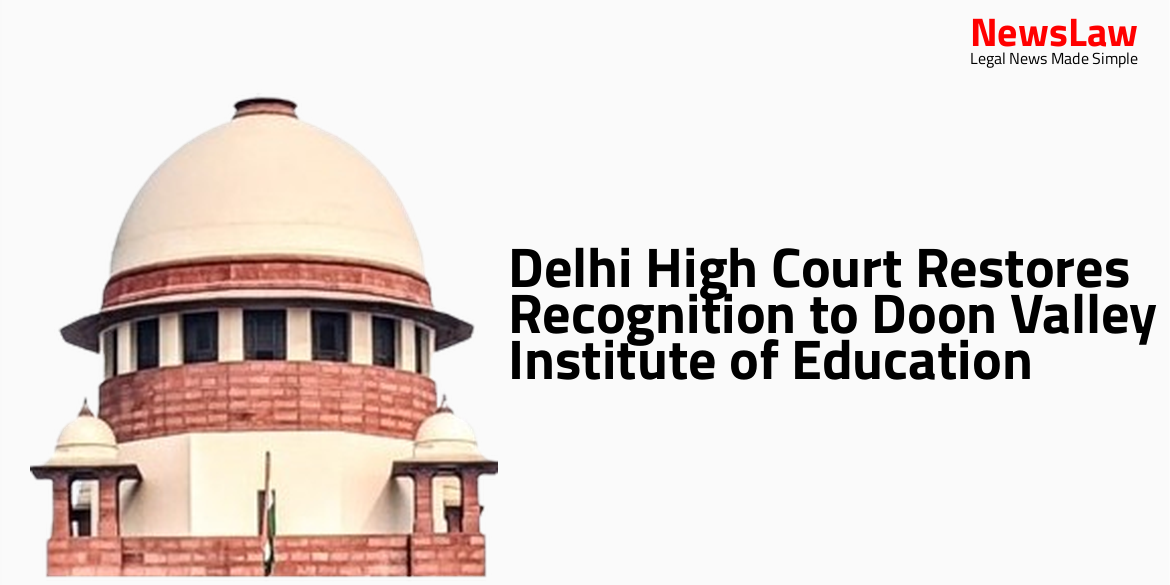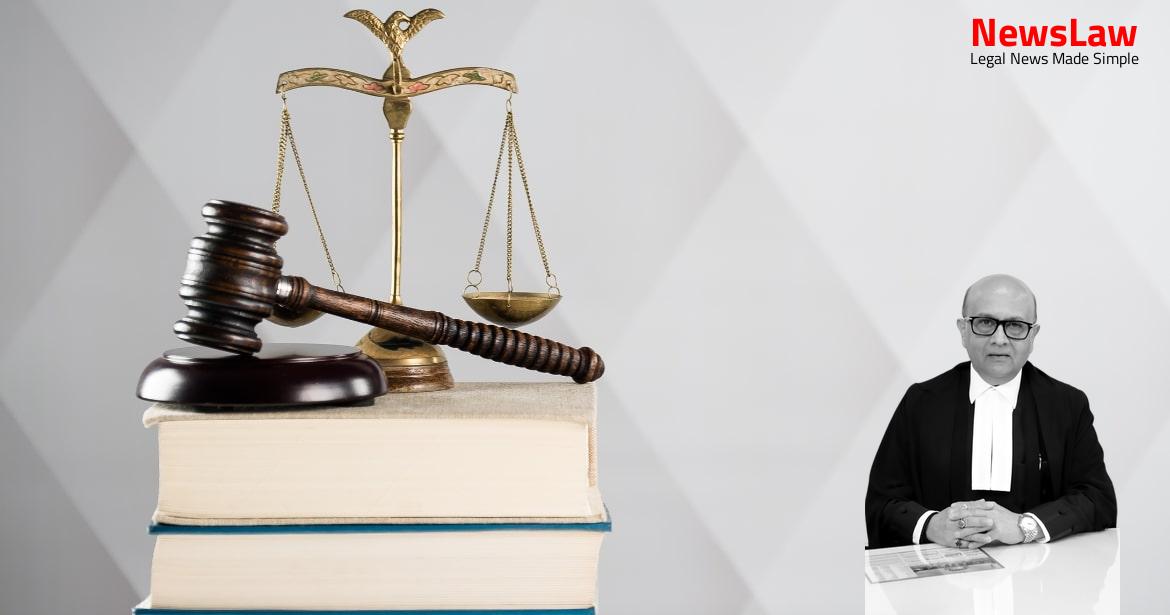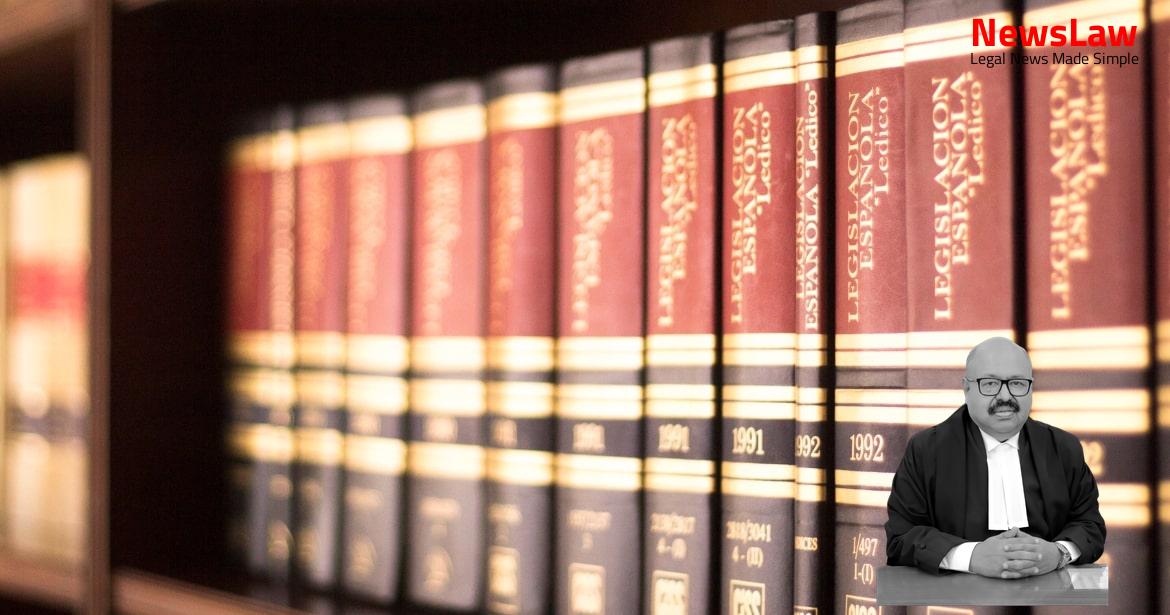In a significant ruling by the Supreme Court of India, the case of George vs. Thomas delves into the complexities of revoking a Power of Attorney. The judgment sheds light on the implications of implied revocation and the rights of parties involved. Let’s explore the legal intricacies and implications of this case that sets a new precedent in the realm of power of attorney law.
Facts
- The Appellant (Thankamma George) and her sister (Lilly Thomas) jointly executed a sale deed dated 18.01.2008 in favor of Joemon and his wife.
- The total consideration received for the sale deed was Rs. 7,00,000/-, out of which Rs. 2,00,000/- was paid in foreign currency to the Appellant and Rs. 5,00,000/- was deposited in their joint account.
- The Appellant claims to have supported her sister (Lilly Thomas) in various ways using her earnings as a Nurse.
- Contrary to the Power of Attorney dated 04.12.2003 (Ex. A-4), the Appellant sold a portion of the property to Joemon and his wife.
- The sale deed dated 16.04.2008 (Ex. A-5) in favor of Lily’s husband/Respondent No 2 was executed without the Appellant’s knowledge or consent.
- The Appellant filed the suit on 11.05.2011 seeking declaration as the sole title holder of the property and for recovery of possession from the Respondents.
- The High Court allowed the appeal at the instance of Lilly Thomas.
- The sale deed executed after the implied revocation of agency relationship is considered void ab initio as per the Appellant’s argument.
- The Trial Court determined that the authority granted in favor of Respondent No 1 was revoked upon the execution of the sale deed (Ex. A-3) by the Appellant as a co-executant.
- The Appellate Court disagreed with the Trial Court, stating that joint execution of the sale deed did not imply revocation of the power of attorney.
- It was highlighted that non-receipt of sale consideration after the sale was completed provides the vendor with the right to receive the consideration from the vendee.
- The Trial Court declared the alienation of the Appellant’s half share as illegal and not binding due to implied agency termination.
- The sale deed (Ex. A-5) was deemed void ab initio by the Trial Court due to the absence of consideration passing from Respondent No 2 to Respondent No 1.
- The suit for partition was decreed by the Trial Court, granting the Plaintiff’s ½ share right over the property and setting aside the sale deed (Ex. A-5).
Also Read: Family Property Settlement Agreement: Upholding Rights of Plaintiff No. 2
Issue
- Plaintiff’s entitlement to a declaration as prayed for was considered.
- Plaintiff’s entitlement for recovery of possession of plaint scheduled property was evaluated.
- Questioning plaintiff’s entitlement for 1/2 right over plaint scheduled property was addressed.
- Plaintiff’s entitlement for separate possession of her share by metes and bounds was discussed.
- Validity of sale deed No. 345/08 and its possible set aside were examined.
- Consideration of plaintiff’s entitlement for a permanent prohibitory injunction was presented.
Also Read: Prashant vs. Anush & Priti Agarwalla: Supreme Court Judgement Summary
Arguments
- The impugned judgment is inconsistent with the case pleaded or proved by the parties.
- The power of attorney does not need to be cancelled by a registered deed alone, as clarified in Amar Nath v. Gian Chand & Anr.
- Amrik Singh (deceased) is represented by his legal heirs Darshan Singh & Ors.
- The power of revocation under Section 207 of the Act is discussed.
- Revocation of power of attorney can be either express or implied as provided under Section 207 of the Act.
Also Read: Partition of Property and Legitimacy of Children: A Legal Analysis
Analysis
- The relationship between the Appellant and Respondent No 1, and Respondent No 1 and Respondent No. 2
- The Appellant and Respondent No 1 are co-owners of the schedule property
- Sections 207 and 208 of the Indian Contract Act, 1872 have been misappreciated
- Implied revocation of agency is the key controversy
- The suit for setting aside Ex. A- 5 is barred by limitation even though the plea of limitation is not taken
- Power of revocation must be clearly implied from the principal’s conduct
- Two stages of revocation – one with the agent and one with third parties
- Execution of Ex. A-5 without authority and not supported by consideration
- The Appellant can plead implied cancellation of Ex. A-4 known to Respondent No 1 and No. 2
- The legality of a sale is not affected by non-receipt of consideration
- The suit is not barred by limitation as it was filed within three years from the right to sue first accrued to Appellant
- Implied revocation resulted from the execution of settlement deed by Thelma Cecelia Pereira
- Signing a compromise by the principal/defendants during the existence of the agency can imply revocation of power of attorney.
- The act of signing the compromise petition can be considered as an independent action by the principal.
- The case law of Deb Ratan Biswas & Ors v. Most. Anand Moyi Devi & Ors. discussed the implications of signing a compromise by the principal during agency.
- The Indian Contract Act allows for revocation and renunciation of power of attorney through implied conduct of the principal.
- The Madras High Court case of N. Shivkumar & Anr. v. R. Peter Pereira highlighted the ability of the principal to deal with their property even when a settlement deed is executed during the subsistence of a power of attorney.
- Sections 207 and 208 of the Act deal with revocation and termination of an agent’s authority
- Revocation and renunciation may be expressed or implied in the conduct of the principal or agent
- Termination of the authority of an agent does not take effect before it becomes known to him or third persons
- The Act provides for express or implied revocation and renunciation of agency
- The impugned judgment is unsustainable and the appeal succeeds.
- Trial Court to determine the market value of the Appellant’s half share in the property.
- Respondents to pay the current market value to the Appellant for her half share.
- Close relationship between the parties noted, as Respondents reside in the house.
- The judgment answered unavailable questions in an axiomatic way.
- Findings are conflicting, hence the examination of the record and contentions under Article 136 of the Constitution of India.
- Appellant not successful in her claim for half share in the house.
Decision
- Civil Appeal is allowed.
- Judgment and decree of the Trial Court are confirmed.
- No order as to costs.
- If parties do not agree on current market value, judgment and decree of Trial Court can proceed to final decree proceedings and execution.
- Appellant to compensate Original Names for possession of constructed area and half share in plaint schedule.
Case Title: THANKAMMA GEORGE Vs. LILLY THOMAS (2024 INSC 494)
Case Number: C.A. No.-006495-006495 – 2023



